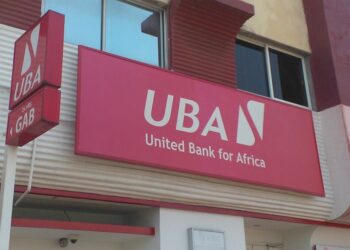President Yoweri Museveni has met with a delegation from a British company, Alvan Blanch UK and discussed about a cereal and fruit processing project, to benefit seven districts. The beneficiary districts are Kayunga, Masaka, Yumbe, Gomba, Kiryandongo, Kyenjojo and Kiboga.
The Deputy British High Commissioner to Uganda, Angela Trott, led the delegation that called on the President on Wednesday, at State House, Entebbe. Alvan Blanch is a manufacturing and project engineering group that specialises in designing, producing and supplying machines for primary and secondary processing of agricultural produce and waste materials. Agriculture minister Vincent Ssempijja, who attended the meeting, said his ministry had mobilised funds to commence the manufacturing of machines by the British company for cereal and fruit processing.
The minister added that the project would be co-funded by both the UK Export Finance, with an input of 85% of the cost, while the Government of Uganda would avail 15%. Museveni commended the progress of the project and urged both parties to begin the operationalisation of the project as soon as possible. Agriculture contributes 85% of Uganda’s export earnings. Investors consider Uganda’s agricultural potential to be among the best in Africa. Last year, Uganda earned $183.1m (sh682b) from cereal export, representing 6.3%. Total cereal production stood at 3.2 million tonnes in the same year.
Uganda’s main agricultural export partners are Sudan, Kenya, DR Congo, the Netherlands, Germany, South Africa and United Arab Emirates (UAE). According to a report by Allied Market Research, the global organic food and beverages market is expected to reach $327.6b (about sh1,020 trillion) by 2022.
According to the Food and Agriculture Organisation, Uganda’s fertile land has the potential to feed 200 million people. Eighty percent of Uganda’s land is arable, but only 35% is being cultivated. Uganda is endowed with various fruits and cereals grown countrywide. According to the Uganda Bureau of Statistics, about 72% of Uganda’s working population is employed in agriculture. The country produces a wide range of fruits and cereals, including edible oils, corn, beans, millet, sorghum, passion fruits, pepper, pineapple, water melon, mangoes maize and groundnuts.
Uganda and UAE last month signed a deal to establish one of the world’s only agricultural free zones, in a bid to enhance food security in the Emirates. The 2,500 hectare free zone will allow private companies from the UAE to invest in agricultural production and development in Uganda.






























































